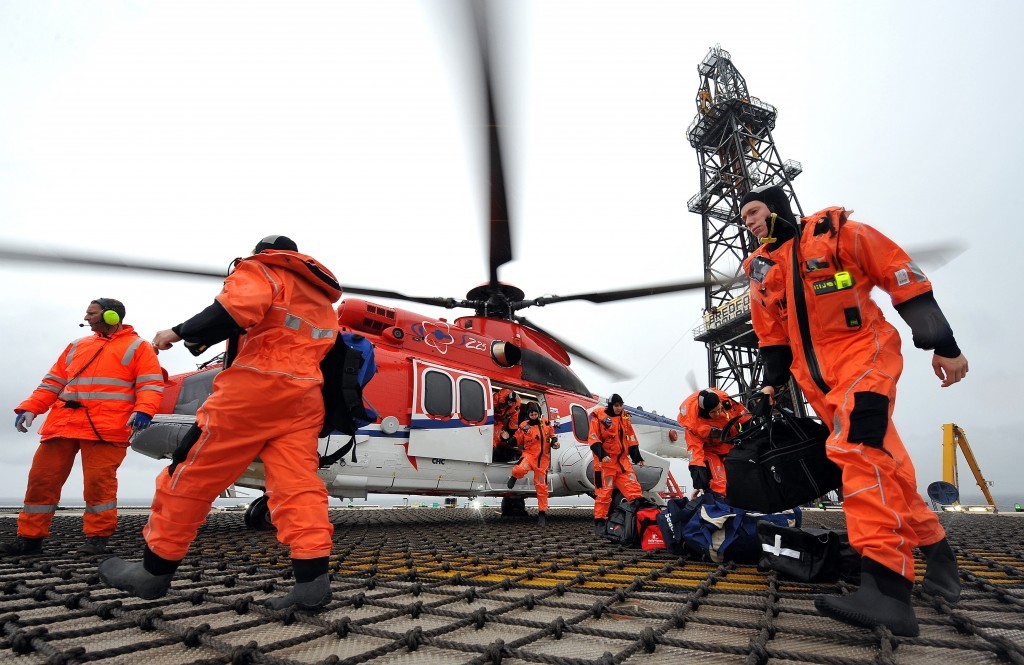
The threat of North Sea job losses is clouding the cockpit, according to the latest findings from the British Airline Pilots’ Association (BALPA).
The union said pilots were still showing “strong support” for a strike if helicopter companies didn’t improve how they were managing job losses.
The British Airline Pilots’ Association (BALPA) has criticised the potential job losses and warned they presented a safety risk to pilots.
BALPA General Secretary, Jim McAuslan, said: “We are not being unreasonable. We know the downturn in the North Sea is going to hit jobs, but the way the companies are going about it is causing massive frustration, borne out by the very high turnout and strong ‘yes’ vote in this ballot conducted over just four days.
“In the event management do not substantially shift their position BALPA’s National Executive Council will be meeting early next month to consider a move to a formal strike vote, something we are still hoping to avoid.”
BALPA has asked helicopter companies to improve their voluntary redundancy arrangements to prevent as many compulsory job losses as possible.
It’s also claimed “companies are not valuing the experience of senior pilots highly enough in deciding who may need to be made redundant”.
In a survey conducted by BALPA, pilots said job cuts concern was affecting performance.
One pilot commented: “In the past two weeks…there has been a noticeable change of focus in the cockpit. Crews are concerned and distracted and this is reflected in an increase of mistakes and lack of awareness. The threat of being ‘at risk’ is dominating the mindset of the majority of our pilots.”
Other pilots echoed the sentiment, according to BALPA.
One said: “Radio calls are being missed. Pilots’ heads are not in the cockpit.”
Another said: “Do we really want pilots to be worried how their training costs and mortgage will be paid on a dark and stormy night?”
Jim McAuslan added: “Safety must come first. We are not saying that helicopter companies are indifferent to these issues, but we would be remiss if we didn’t highlight the stress and pressure that pilots are feeling. We will be passing these concerns on to the Civil Aviation Authority who regulate aviation in the North Sea.”
The union urged both the UK and Scottish Government to hold a summit on North Sea jobs.
Helicopter pilots showed “overwhelming support” for a strike vote earlier this month with more than a third of pilots operating in the North Sea attending a meeting organised by their representative body.
The talks had been convened after two of the sector’s main carriers announced plans to axe dozens of jobs in response to low oil prices.
About 120 pilots attended the meeting in Aberdeen before it was announced there would be a ballot on whether to hold a vote on strike action.
Oil and gas companies are also facing the threat of industrial action among offshore workers, who are railing against plans to switch to equal time rotas.
CHC has announced 50 job losses in Aberdeen, while Bristow said it would lay off as many as 130 staff members. About half of those affected are pilots.